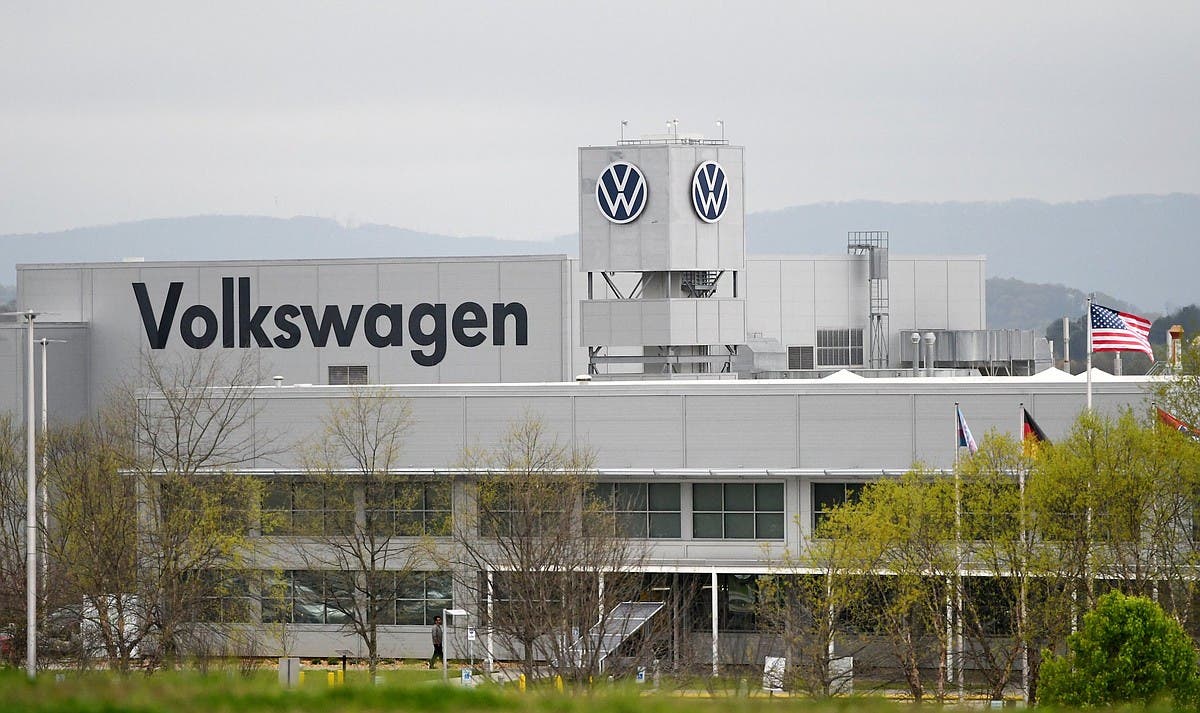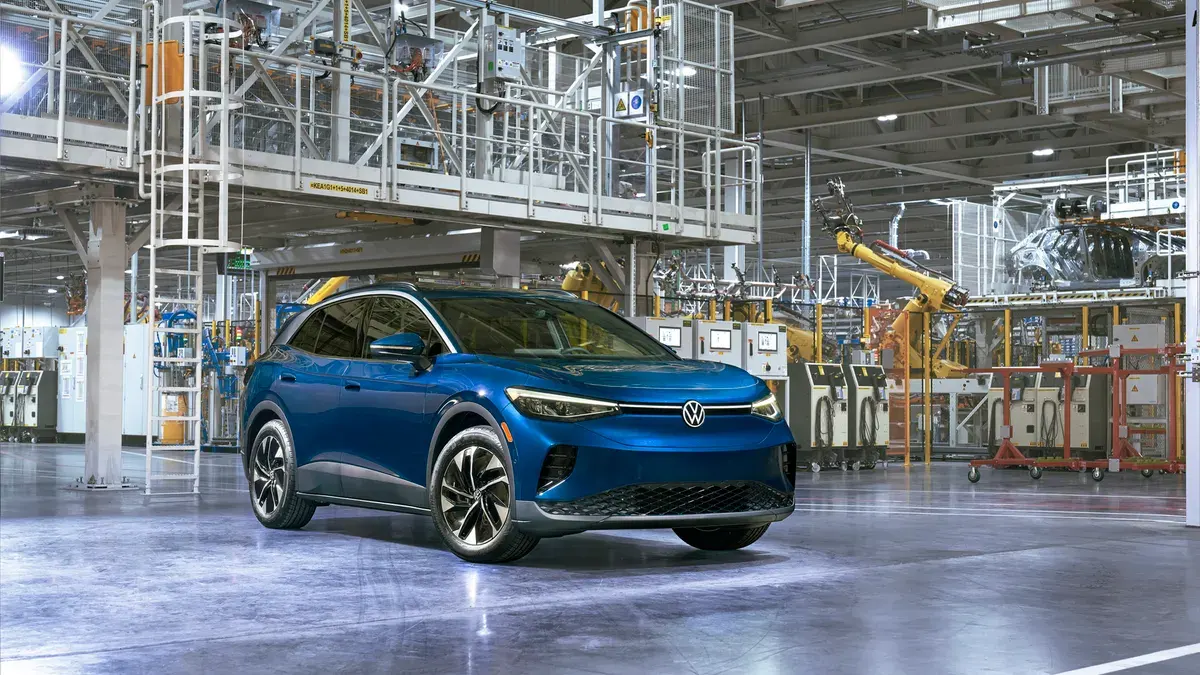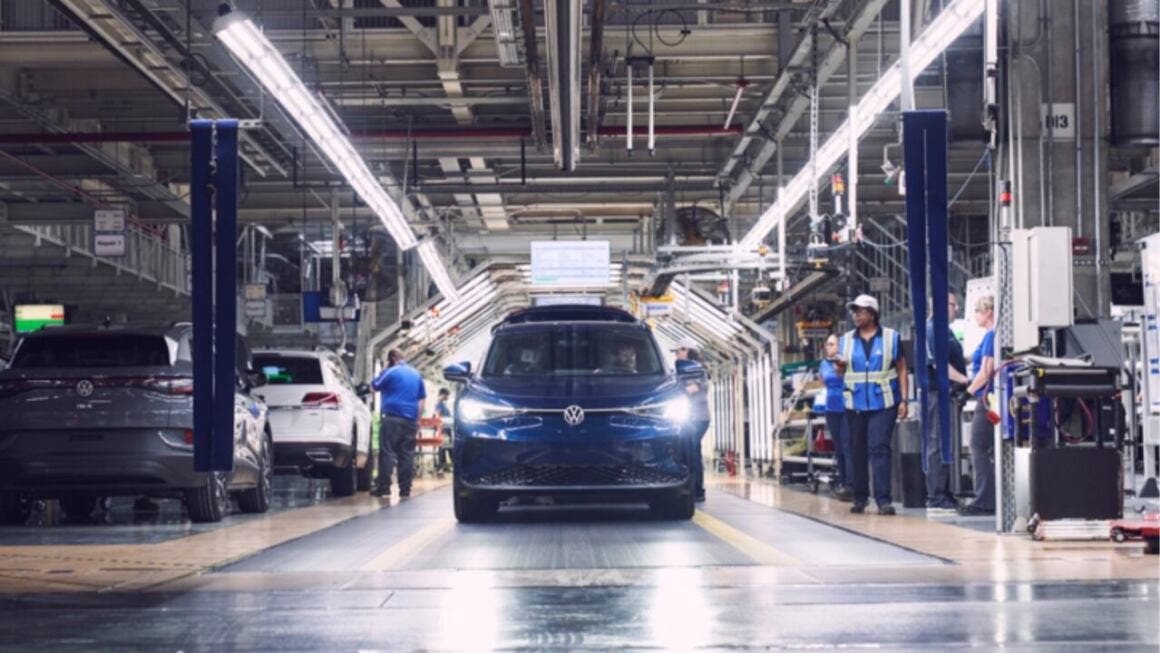Volkswagen has taken a decisive step in its lengthy standoff with the United Auto Workers, presenting what it calls its “final and best” contract offer. After nearly a year of intense negotiations, the German automaker has put forward a package designed not only to address the demands of its Chattanooga plant employees but also to reinforce its ties with the local community.

Company spokesperson Michael Lowder emphasized that the proposal reflects Volkswagen’s “deep commitment” to its workforce, offering significant pay raises, enhanced benefits, and stronger job security. The deal includes an immediate 5% wage hike, followed by annual increases ranging from 3% to 6% over the next four years. Volkswagen estimates that a top-tier hourly worker could earn close to $80,000 by 2026, not including overtime or profit-sharing payouts.
Over the life of the four-year agreement, wages would rise by approximately 20%. Additional highlights include a $4,000 ratification bonus, a cost-of-living allowance, expanded paid vacation, extra holidays, reduced healthcare costs, and other quality-of-life improvements.
The UAW, led by chief negotiator Chuck Browning, is now reviewing the offer and will decide whether to bring it to a membership vote. The stakes extend beyond the Chattanooga facility itself: this is the only US auto assembly plant outside of Ford, GM, and Stellantis that has successfully unionized under the UAW. A favorable outcome could set a precedent and energize the union’s broader campaign to organize non-unionized automakers such as Toyota, Hyundai, and Tesla.

The matter has also entered the political arena. Chattanooga’s City Council recently postponed a vote on a resolution that would have formally endorsed the union, rescheduling the decision for September 30. This delay highlights how the negotiations are not just about wages and benefits but also about broader social and political dynamics.
